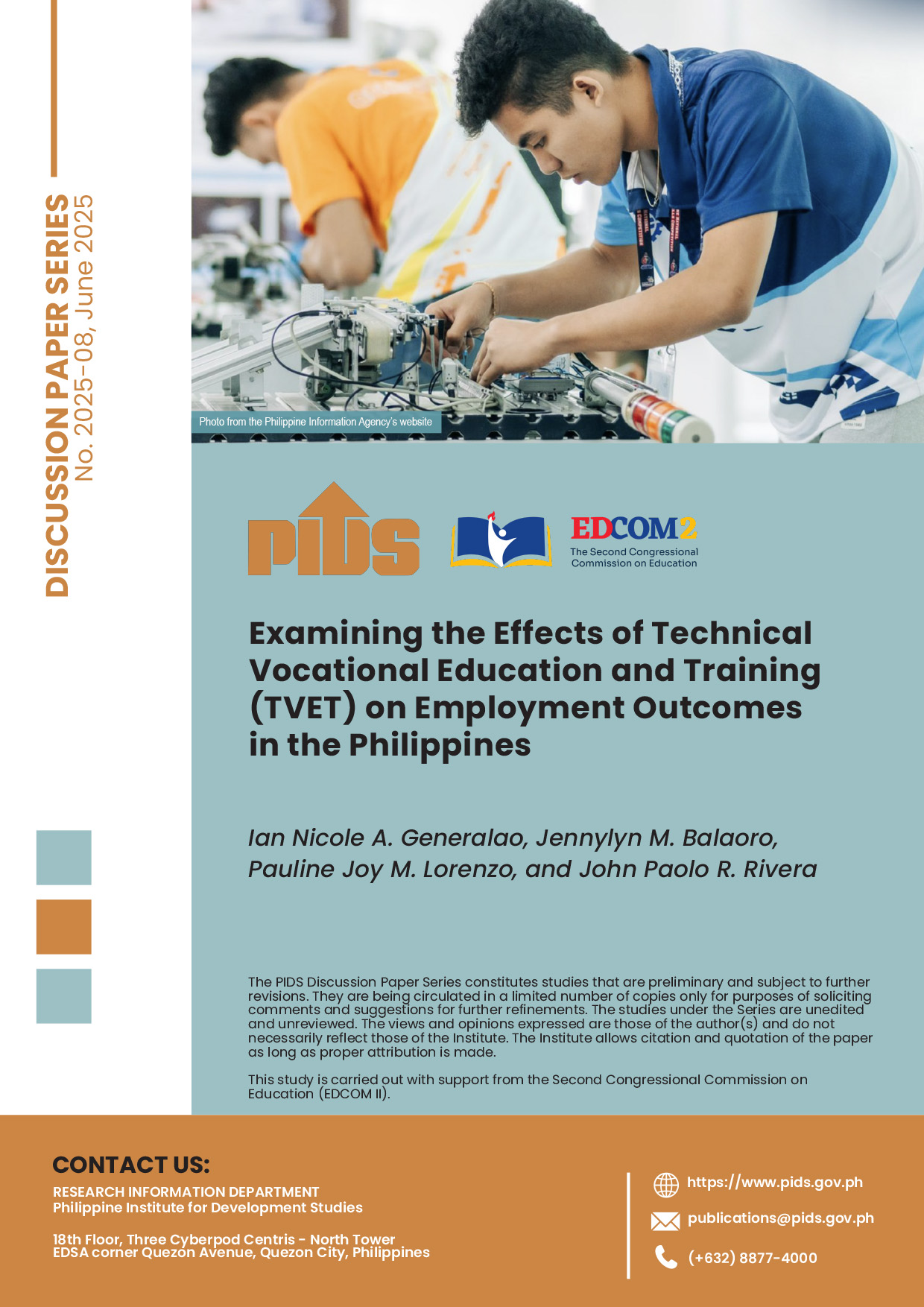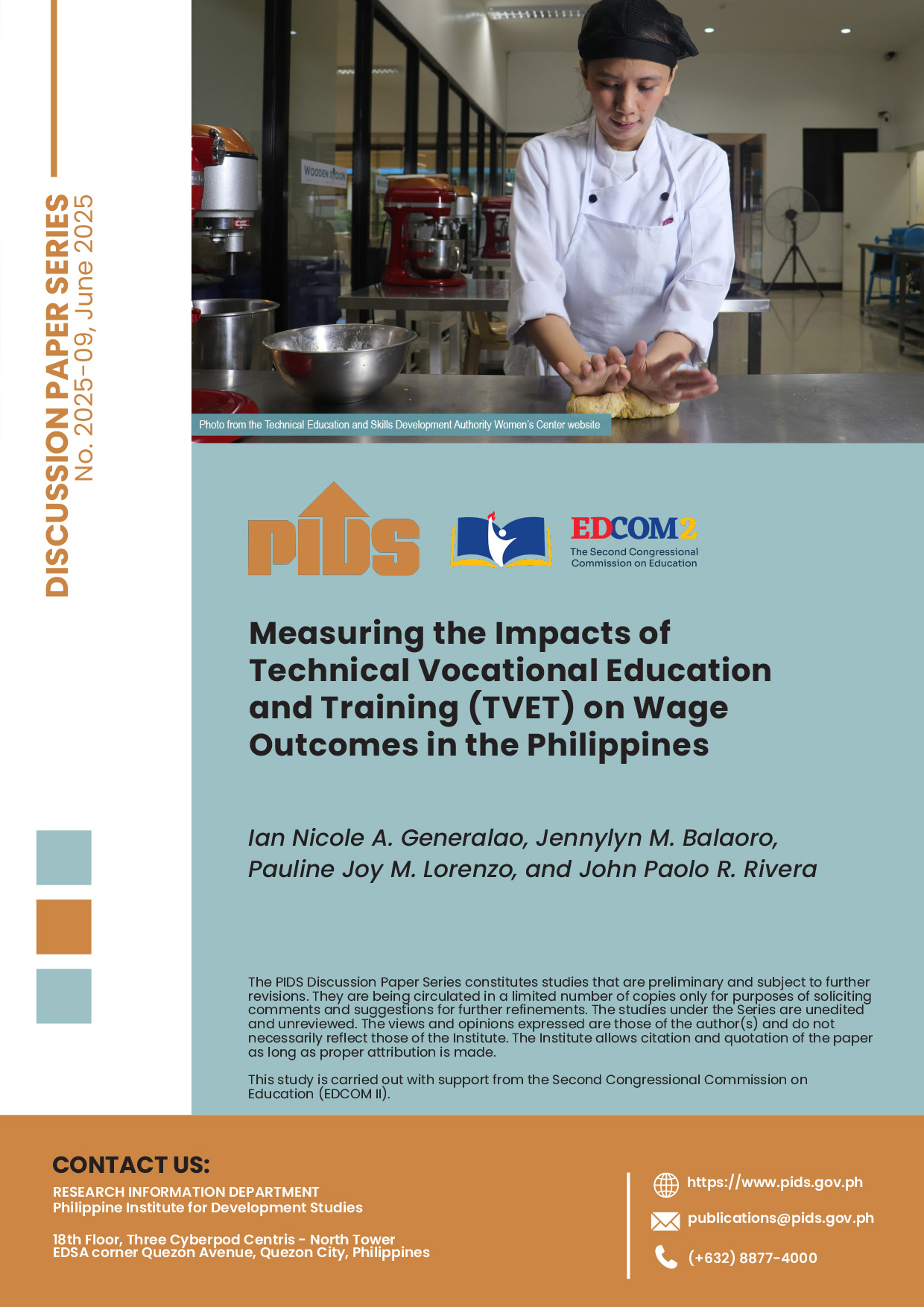Growth alone is not enough for developing Asia. To achieve economic stability, the region needs an inclusive strategy driven by structural change that results in the full employment of the labor force.
In his book Inclusive Growth, Full Employment, and Structural Change. Implications and Policies for Developing Asia (London: Anthem Press), Asian Development Bank Principal Economist Dr. Jesus Felipe proposes an inclusive strategy to achieve the full employment.
According to Dr. Felipe, the empirical evidence indicates that despite the fast growth achieved by many countries across developing Asia (e.g., China, India, Pakistan, Bangladesh, Indonesia, Philippines) in the past decades, the region is still home to about 500 million people who are currently unemployed and/or underemployed.
Unemployment and underemployment are the major cause of poverty in developing Asia. However, policymakers have not taken unemployment and underemployment as the number one problem across the region.
In the Philippines, for example, unemployment is a `time bomb`. Between 2005 and 2030, the labor force will increase by about 50 percent, that is, the number of people looking for a job will increase from about 34 million to 52 million. The question for the Philippines is: will the economy be able to provide jobs for all these people?
Skills mismatch and the lack of human capital are the most commonly cited reasons of unemployment. In reality, however, it is the systemic failure of the economy to create enough jobs which is the main cause of massive unemployment. Employment is a basic right and full employment should be the primary objective of economic policy in the developing Asia.
`Nobody who is willing and ready to work for a just wage should be without a job. Society must be able to provide jobs for all those willing to work. And they should be able to provide jobs for the workers they have and not for the workers they wish they had,` Dr. Felipe added.
A full employment economy offers a great number of advantages. At the individual level, the best way for an individual to participate in society is through a productive and decent employment.
For society as a whole, it results in a reduced need for social safety nets; in lower social costs; and in higher political stability.
In the case of the Philippines, immediate policy priorities to achieve full employment should be population management and job guarantee programs.
Industrialization policies are also crucial. Education does matter for long-term growth but it is not a key constraint now and, as noted above, society should be able to provide jobs for all its citizens. Individuals cannot be left out and stigmatized for being `uneducated`.
For decades, growth and low inflation were thought to lead to job creation. Policymakers have been concerned with controlling inflation and the fiscal deficit which, in turn, were thought to create stability and employment. Dr. Felipe`s book argues that this approach is incorrect. Citing the Philippine situation, he emphasized that the issue is not about slashing budget deficits to control inflation. Rather, it is about redirecting fiscal and monetary policies to achieve full employment with price stability.
In his book Inclusive Growth, Full Employment, and Structural Change. Implications and Policies for Developing Asia (London: Anthem Press), Asian Development Bank Principal Economist Dr. Jesus Felipe proposes an inclusive strategy to achieve the full employment.
According to Dr. Felipe, the empirical evidence indicates that despite the fast growth achieved by many countries across developing Asia (e.g., China, India, Pakistan, Bangladesh, Indonesia, Philippines) in the past decades, the region is still home to about 500 million people who are currently unemployed and/or underemployed.
Unemployment and underemployment are the major cause of poverty in developing Asia. However, policymakers have not taken unemployment and underemployment as the number one problem across the region.
In the Philippines, for example, unemployment is a `time bomb`. Between 2005 and 2030, the labor force will increase by about 50 percent, that is, the number of people looking for a job will increase from about 34 million to 52 million. The question for the Philippines is: will the economy be able to provide jobs for all these people?
Skills mismatch and the lack of human capital are the most commonly cited reasons of unemployment. In reality, however, it is the systemic failure of the economy to create enough jobs which is the main cause of massive unemployment. Employment is a basic right and full employment should be the primary objective of economic policy in the developing Asia.
`Nobody who is willing and ready to work for a just wage should be without a job. Society must be able to provide jobs for all those willing to work. And they should be able to provide jobs for the workers they have and not for the workers they wish they had,` Dr. Felipe added.
A full employment economy offers a great number of advantages. At the individual level, the best way for an individual to participate in society is through a productive and decent employment.
For society as a whole, it results in a reduced need for social safety nets; in lower social costs; and in higher political stability.
In the case of the Philippines, immediate policy priorities to achieve full employment should be population management and job guarantee programs.
Industrialization policies are also crucial. Education does matter for long-term growth but it is not a key constraint now and, as noted above, society should be able to provide jobs for all its citizens. Individuals cannot be left out and stigmatized for being `uneducated`.
For decades, growth and low inflation were thought to lead to job creation. Policymakers have been concerned with controlling inflation and the fiscal deficit which, in turn, were thought to create stability and employment. Dr. Felipe`s book argues that this approach is incorrect. Citing the Philippine situation, he emphasized that the issue is not about slashing budget deficits to control inflation. Rather, it is about redirecting fiscal and monetary policies to achieve full employment with price stability.












